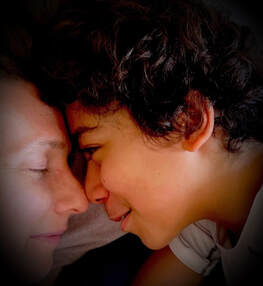
My son turned eleven this spring, sheltering at home, eyes wide to a world that is changing. He is a child of multiple ethnicities, and part of a family made up of many nations. Yet, here in the country of his birth he may find himself marginalized, denigrated, accused, or murdered simply because of how he looks. People frequently ask us "Is that your child?", "Is she your mother?" - because despite him being built by, of, and inside my body, our skin is not the same color.
The pain we are feeling right now in our families, in our communities, in our countries- let it not be for waste. Let the tears fall, let the anger burn, and let us affirm that the freedom to breathe is a basic human right, not a privilege. Let our pain become the power that gives us the strength to bring a new world into being- one that allows a boy to just be himself, no matter what he looks like.
A birth is always messy, and chaos is always necessary for creation...breathe and PUSH.


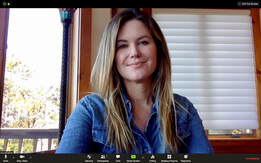



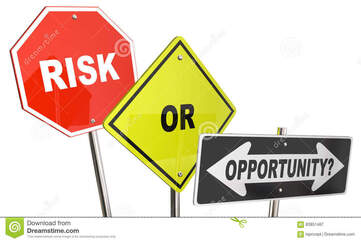



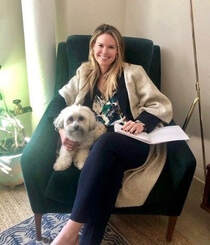

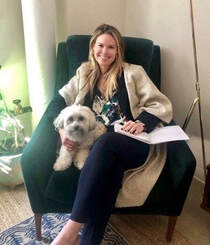
 RSS Feed
RSS Feed